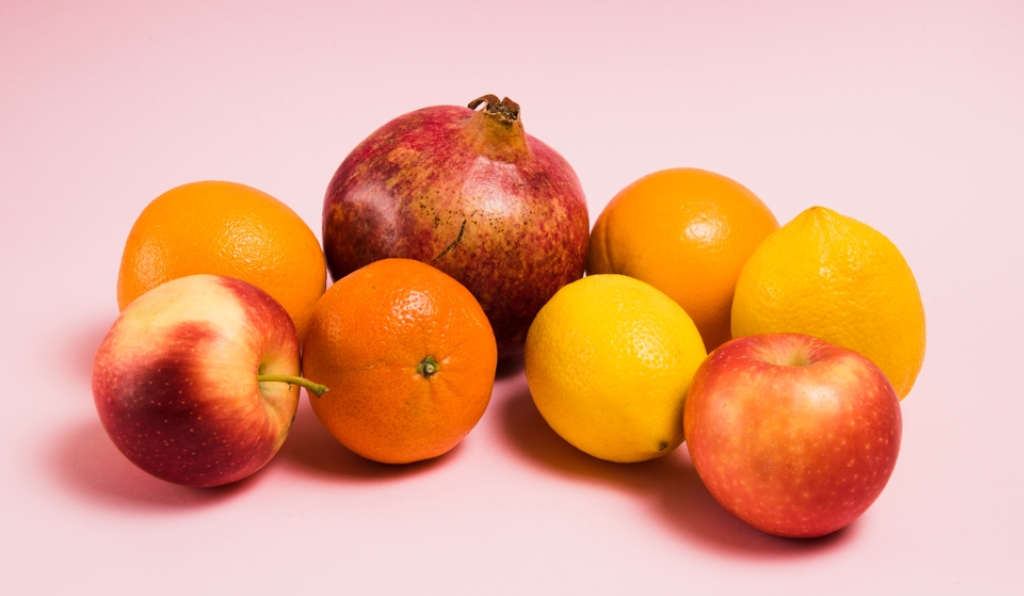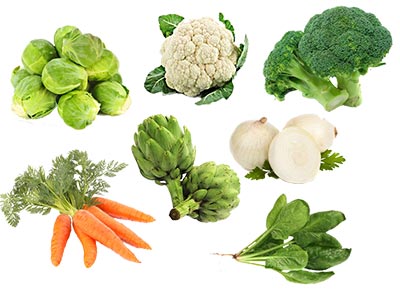Spain, with its diverse climate regions and rich soil, boasts an extraordinary variety of fruits and vegetables throughout the year. Winter, despite its cooler temperatures, is no exception. During the winter months, the country transitions from the vibrant harvests of autumn to a robust selection of produce that thrives in the chilly temperatures. Here's a closer look at some of the seasonal fruits and vegetables that flourish in Spain during the winter season.

Winter Fruits
1. Oranges
One of Spain's most renowned winter fruits is the orange. The southeastern region of Valencia is particularly famous for its citrus groves. Oranges are at their peak from December to March, loaded with vitamin C and perfect for a refreshing juice or a sweet snack.
2. Mandarins
Closely related to oranges, mandarins are similarly prominent during the winter. They are smaller, easier to peel, and just as flavorful. Spanish mandarins, such as the Clementine variety, are juicy and sweet, making them a favourite among locals and visitors alike.
3. Persimmons
Also known as "kaki" in Spain, persimmons are bright orange fruits that reach their peak ripeness in the winter months. The flesh is sweet, soft, and jelly-like when fully ripe. They are commonly enjoyed fresh or in desserts.
4. Pomegranates
Pomegranates flourish in the Mediterranean climate and are typically harvested in late fall, with availability extending through the winter. These ruby-red fruits are filled with juicy, tangy seeds that are not only delicious but also packed with antioxidants.
5. Grapes
Spanish grapes, particularly those from the Murcia region, continue to be harvested into the early winter months. Grapes are often enjoyed as a healthy snack, or they can be used in various culinary applications, from salads to desserts. They are also a central part of the Spanish New Year's Eve tradition, where it's customary to eat twelve grapes at the stroke of midnight, one for each chime of the clock, to bring good luck for the coming year.
Winter Vegetables
 1. Artichokes
1. Artichokes
Winter is the prime season for artichokes in Spain, particularly in the Iberian Peninsula. Renowned for their delicate flavour, artichokes can be grilled, steamed, or baked, and they are a staple in many traditional Spanish dishes.
2. Cauliflower
Cauliflower thrives in cooler temperatures, making winter the ideal time for this nutritious vegetable. It is incredibly versatile, making its way into soups, roasts, stir-fries, and even as a low-carb substitute in various recipes.
3. Broccoli
Another member of the brassica family that enjoys the winter months is broccoli. Rich in vitamins and minerals, broccoli is a key ingredient in many healthy Spanish dishes and is often served steamed, sautéed, or roasted.
4. Cabbage
Cabbage is a hearty vegetable that can withstand the chill of winter. It comes in several varieties, including green, red, and Savoy cabbage. Cabbage is frequently used in Spanish stews, soups, and salads, providing a nutritious and tasty addition to winter meals.
5. Spinach
Fresh spinach is readily available during the winter season in Spain. This leafy green is packed with iron, vitamins, and minerals. It is commonly used in salads, omelettes, and various cooked dishes, adding both flavour and nutrients to the Spanish winter diet.
6. Chard
Swiss chard, commonly known as "acelga" in Spanish, is another winter green that is widely consumed. It is a versatile vegetable that can be sautéed with garlic, added to stews, or used in savoury pies and tarts.
7. Leeks
Leeks are at their best during the winter months. With their mild onion-like flavour, they are a key ingredient in many Spanish dishes, from hearty soups and stews to the famous "vichyssoise" (a creamy leek and potato soup).
Winter in Spain is a time of abundance when it comes to fresh produce. The country's favourable climate and rich agricultural traditions ensure a steady supply of delicious and nutritious fruits and vegetables, even during the colder months. From the sweet tanginess of oranges and pomegranates to the robust flavours of artichokes and cabbage, winter offers a wonderful array of seasonal delights to enjoy. Incorporating these winter fruits and vegetables into your diet not only supports local farmers but also ensures you're enjoying produce at its peak freshness and nutritional value. So, whether you're in Spain or simply want to bring a taste of Spanish winter to your table, savour the bounty of these seasonal treasures.